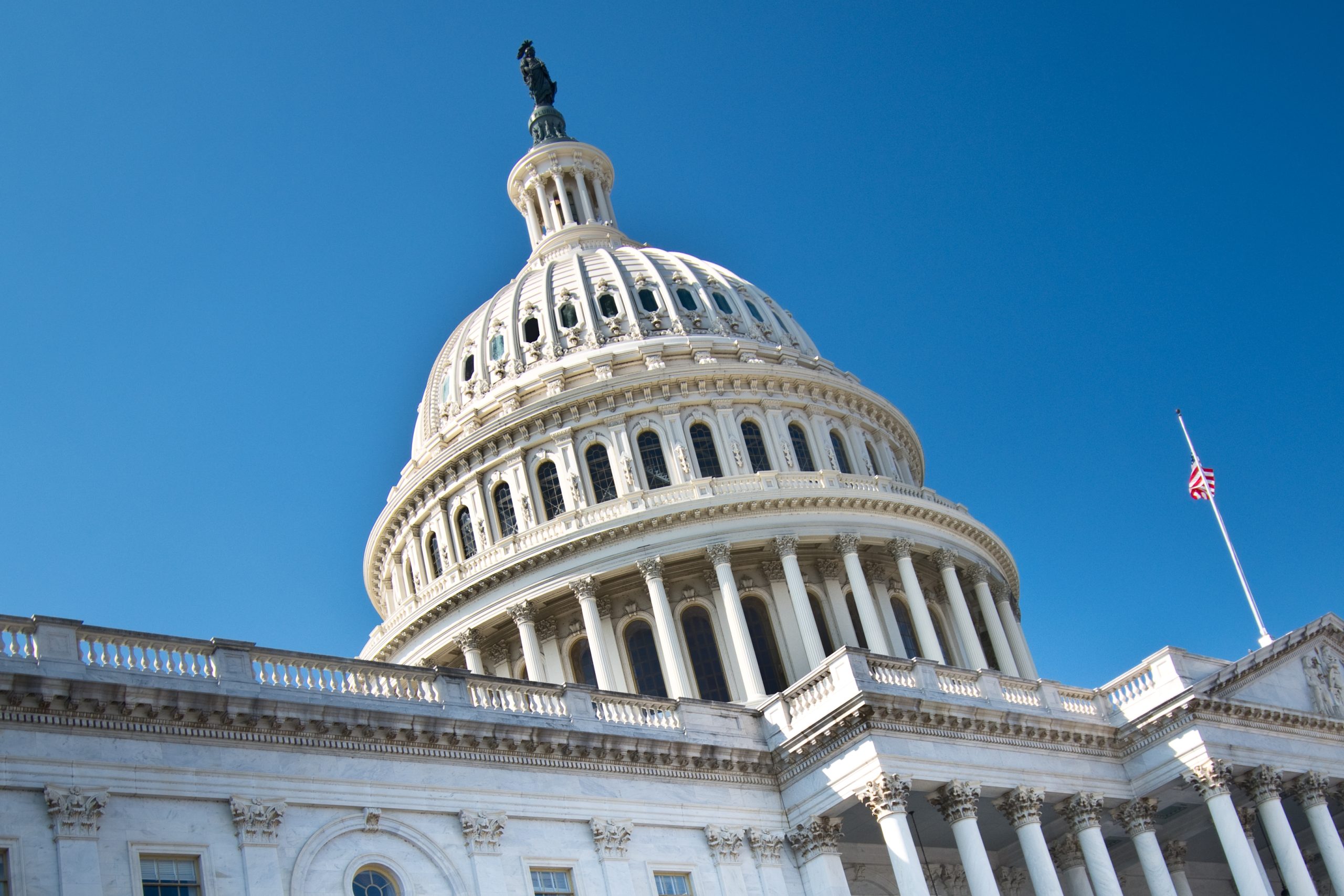Government Affairs and Advocacy
Take Action to Protect the Social Sector from Harmful Federal Budget Provisions
Congress is moving quickly on a sweeping reconciliation bill that would severely impact the human services sector and the communities we serve. The bill still includes major provisions that would:
- Force more people off Medicaid by adding red tape and frequent eligibility checks
- Expand SNAP work requirements and limit states’ flexibility to respond to hunger and hardship
- Increase tax burdens and compliance costs for nonprofit organizations and their staff, including penalties on modest benefits and operational revenue
These changes are not just technical—they threaten the stability of the safety net and the capacity of nonprofits to meet rising demand.
Social Current has created resources to help you understand what’s at stake and take action:
- Read our issue summary below or view as a PDF
- Contact your representative with our sample message
House Reconciliation Issue Summary
Overview
Congress is considering a sweeping reconciliation bill that threatens access to basic health, nutrition, and social services—and undermines the nonprofit sector’s ability to respond. While advocacy efforts have succeeded in removing some of the most extreme proposals, serious risks remain.
Key Concerns
- Medicaid Access at Risk: The bill maintains provisions that would significantly increase administrative barriers to Medicaid and CHIP, including more frequent eligibility redeterminations and new verification requirements. These changes would cause eligible individuals—especially children, older adults, and people with disabilities—to lose coverage simply because of paperwork issues or flawed data flags.
Why It Matters: As coverage gaps widen and support systems are reduced, human service providers will face increased demand from clients who need help navigating re-enrollment and appeals processes. This will divert limited staff capacity away from their core services—such as behavioral health, trauma recovery, and crisis response. - Hunger and Hardship Through SNAP Restrictions: The bill expands work requirements for SNAP recipients and significantly limits states’ ability to waive them—even during periods of high unemployment. According to research and policy analysts at the Center on Budget and Policy Priorities, the work requirements jeopardize benefits for nearly 11 million people, about 1 in 4 SNAP participants.
The bill also imposes an expiration date on exemptions for veterans, former foster youth, and individuals experiencing homelessness. It significantly shifts program costs to states and requires states to conduct more frequent eligibility redeterminations.
Why It Matters: These changes will increase hunger and instability for people already facing significant barriers. Nonprofits will see higher demand for emergency food, housing, and employment support, with fewer federal resources to meet that need. - Burdensome Requirements in Accessing the Earned Income Tax Credit: The bill requires taxpayers to apply for an Earned Income Tax Credit certificate for each child claimed beginning in tax year 2028. It establishes fines for reckless, false, and fraudulent statements, while increasing audits of EITC recipients and strengthening eligibility verifications. Individuals with repeated incidents may be barred from claiming the credit for two years with evidence of reckless disregard, or ten years in the case of fraud. Claims without a certificate may be denied, delayed, or the refunds may be reduced.
Why It Matters: Low-income taxpayers, especially working families and single parents, may face higher risks of audits, even for minor filing errors. Accidental mismatches in income, relationship, or residency can trigger audits or refund holds.
Precertification may also discourage taxpayers from claiming the credit due to burdensome time and paperwork requirements, while system challenges may lead to needless claim denials. It also raises confusion and uncertainty if the child were to be claimed by multiple taxpayers.
View and print the issue summary as a PDF.
Take Action
We urge Congress to:
- Protect streamlined Medicaid and CHIP enrollment processes
- Preserve state flexibility in SNAP administration
- Reject provisions that make it harder for nonprofits to serve their communities
Contact Your Lawmakers Today
Social Current’s online campaign makes it easy to contact your members of Congress and urge them to oppose these harmful provisions. Take action now.
To stay informed about federal policy changes and receive information about action opportunities, subscribe to our biweekly policy newsletter and join the grassroots advocacy network.



